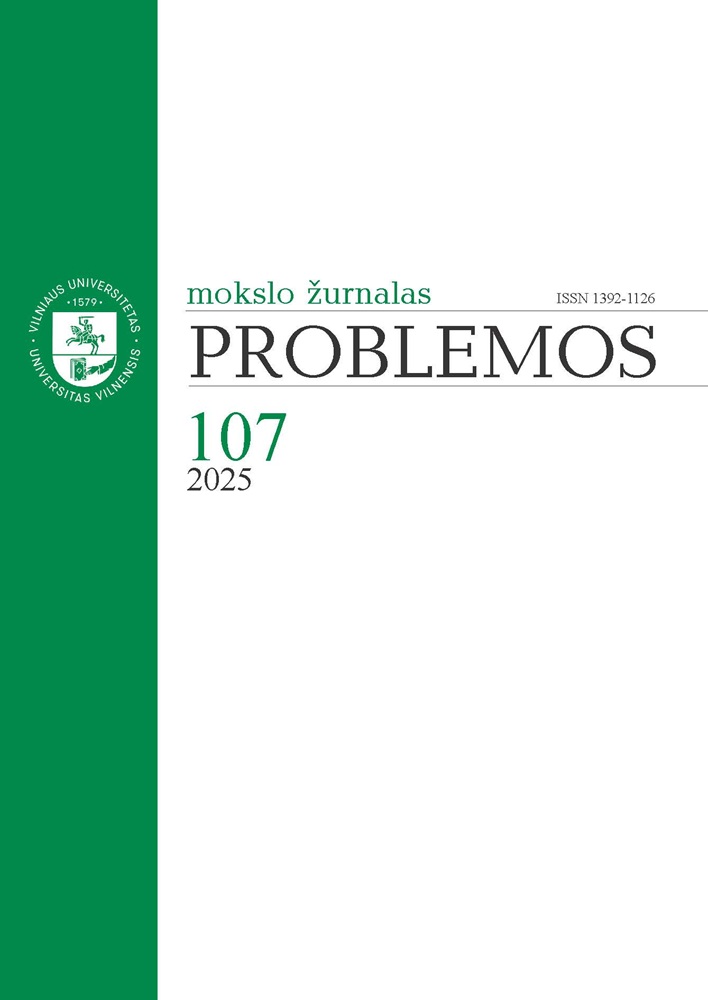Abstract
By holding that the anthropological condition of unsociable sociability forms the sinew of Kant’s conception of political action, this essay distinguishes the relationship between experience and political agency from that between experience and moral agency. It argues that the former cannot be fully subsumed under the latter since political action, for Kant, is bound up with the mobilisation and manoeuvring of our cynical experiences. Kant maintains that the cunning of nature assists politics by channelling selfish interests into outcomes that ultimately advance a lawful civil order. The essay then turns to experiences that are, by contrast, symbols of the moral faculty by virtue of involving a ‘disinterested interest’, as most clearly articulated by Kant in his account of aesthetic experience. Given that political action primarily operates on prudential grounds, it may seem unlikely that it would also serve as a symbol of humanity’s moral predisposition. Yet, foregrounding disinterested interest as a general trait of morally significant experience opens an intriguing space to read Kant’s consideration of revolution as a historical sign of our moral vocation.

